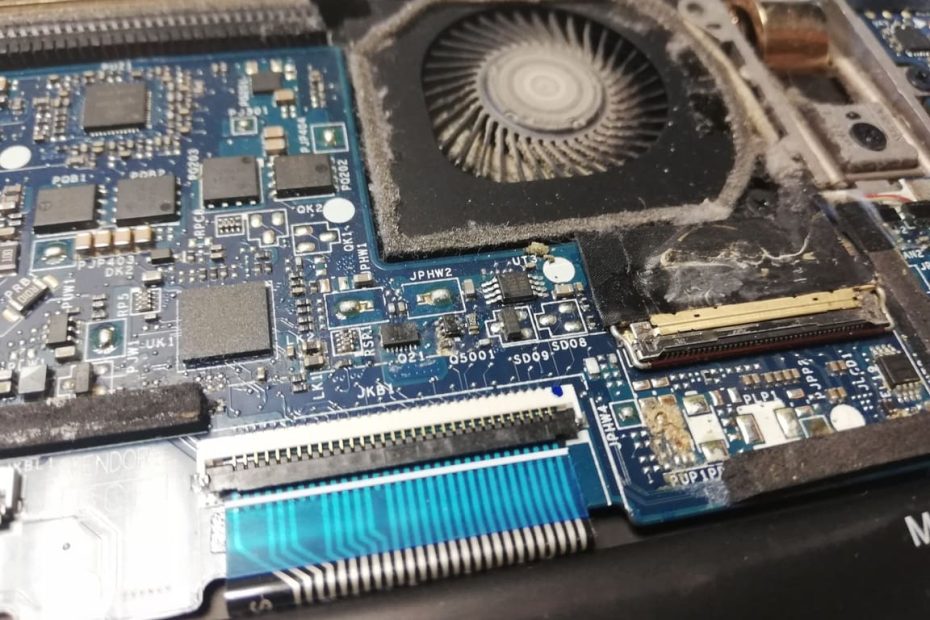If you're like most people, you're probably about computer You don't often think about BIOS. But did you know there are different types of BIOS? And that each type performs a specific function? In this blog post, we will discuss the different types of BIOS and their importance. We will also give you tips on how to choose the right BIOS type for your needs. So if you are curious about BIOS, read on!
The most common type of BIOS is the basic input/output system, or BIOS. This type of BIOS is responsible for managing and controlling the various hardware components of a computer, such as RAM and hard drives. It also helps to initialise the system when you turn on the computer. The BIOS performs many tasks, including booting the system and controlling the flow of data between hardware components.
Advanced BIOS, or EXBIOS, is a newer type of BIOS with more features than the traditional BIOS. It allows better control over system performance and can also support improved graphics, faster boot times and better security features. On some motherboards, EXBIOS is the default BIOS.
UEFI (Unified Extensible Firmware Interface) is a newer, more advanced type of BIOS than traditional or EXBIOS. This type of BIOS provides more flexibility and control options when configuring the system. It also supports modern hardware components such as SSDs, thus providing better performance and stability.
It is important to consider your needs when choosing a BIOS. A traditional BIOS provides basic functions and may be sufficient for most users, while EXBIOS provides more functions and allows you to control performance. For those looking for the latest and greatest technology, UEFI is suitable. Whichever type of BIOS you choose, make sure it is compatible with your hardware components and operating system.
We hope this blog post has given you more information about the different types of BIOS and their importance. Choosing the right type of BIOS will help you ensure that your computer runs smoothly and efficiently. So when it's time to choose a BIOS for your system, keep these tips in mind.

